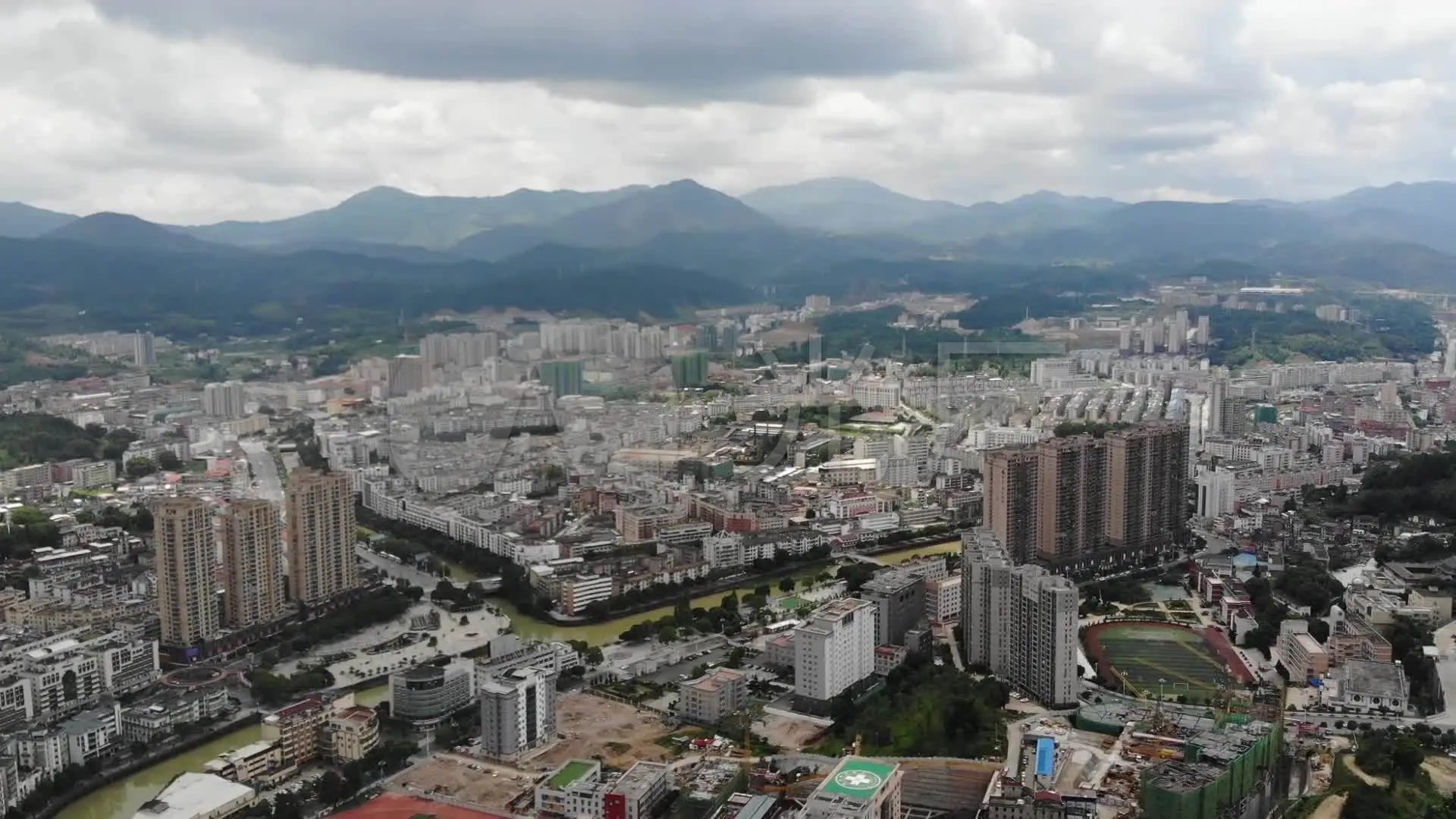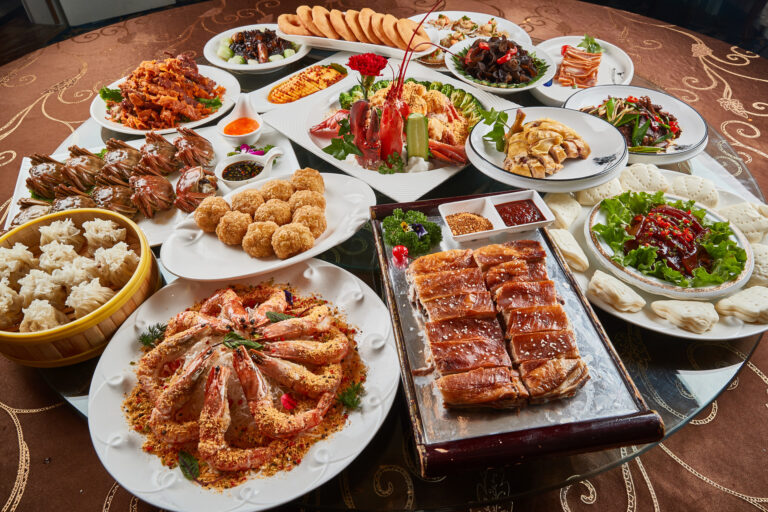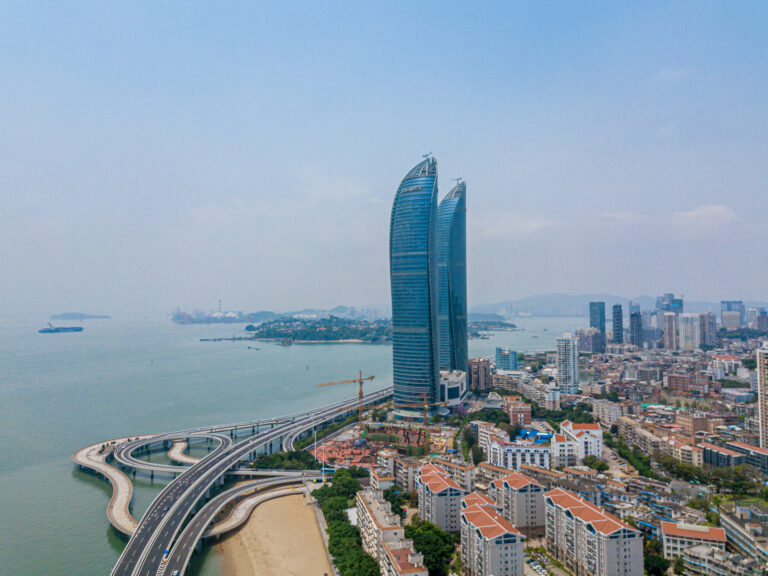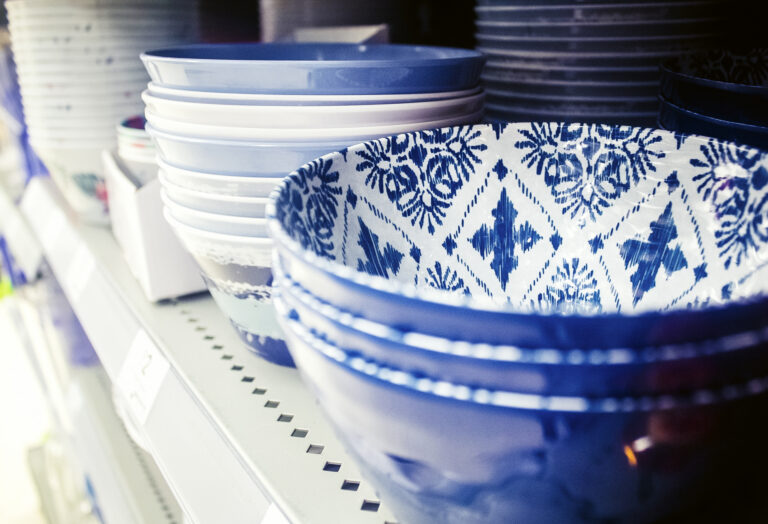Introduction to Dehua County: A Hub of Porcelain Artistry and Natural Beauty
Dehua County is located in the southeastern part of Fujian Province, China, under the jurisdiction of Quanzhou City. It is renowned for its long history of porcelain production and beautiful natural scenery.
Geographic Location and Natural Environment
Dehua County is situated in the southeastern part of Fujian Province, with Quanzhou City to the east, Nan’an City to the south, Yongchun County to the west, and Sanming City to the north. The terrain is predominantly mountainous and hilly, with a subtropical humid climate, distinct seasons, and ample rainfall, providing favorable conditions for porcelain production.
History and Culture
Dehua County has a long history, with human habitation dating back to the Neolithic era. It became an important porcelain production center during the Ming and Qing dynasties. Dehua porcelain, particularly known for its white porcelain, became a prominent representative of Chinese ceramics. The porcelain’s delicate texture and elegant designs have been highly regarded by collectors worldwide.
Porcelain Industry
Dehua County’s porcelain industry boasts a long history, especially known for Dehua white porcelain. This type of porcelain is among the most renowned in traditional Chinese ceramics for its fine texture and elegant appearance. The production process includes multiple stages such as shaping, glazing, and firing, characterized by unique and sophisticated techniques. Dehua white porcelain has been listed as a national intangible cultural heritage.
Tourist Attractions
Dehua County is not only famous for its porcelain but also has numerous natural and historical sites:
- Dehua White Porcelain Museum: Showcases the history and craftsmanship of Dehua porcelain, offering insights into the art.
- Dehua County Town: Preserves many ancient streets and buildings, reflecting traditional Minnan architectural styles.
- Xianggong Mountain: Known for its beautiful natural scenery and rich natural resources, attracting many visitors.
- Longmen Cave: A site of historical and cultural significance, featuring local historical relics and natural landscapes.
Economy and Development
The economy of Dehua County mainly relies on the porcelain industry but has also been actively developing tourism and other sectors for economic diversification. The modernization and commercialization of the porcelain industry have made Dehua County a prominent porcelain production base in China, positively impacting local economic development and employment.
Dehua County attracts numerous visitors and porcelain enthusiasts with its rich cultural heritage, exquisite porcelain craftsmanship, and beautiful natural scenery. It is not only an important cultural and economic center in Fujian Province but also holds a significant position in the global porcelain industry.






